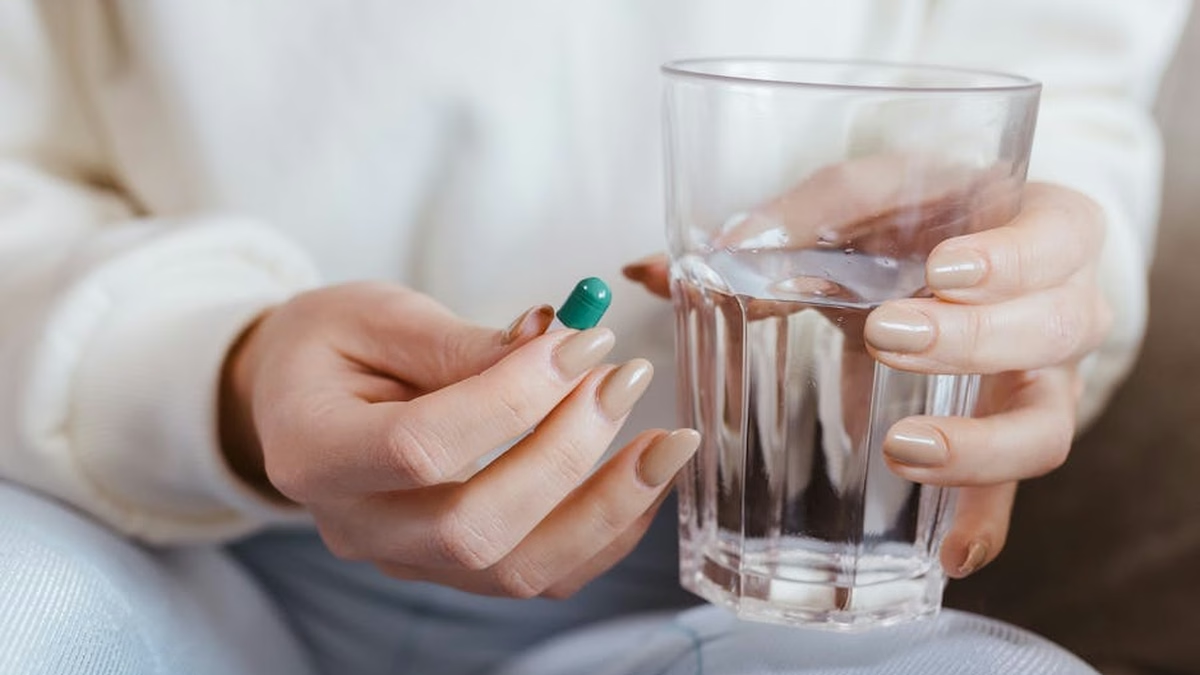The journey to parenthood can be filled with hope, anticipation, and, let’s be honest, a fair share of stress. As you navigate this path, you’re likely exploring every avenue to optimize your health and increase your chances of conceiving. While you might be diligently tracking ovulation and focusing on diet and exercise, there’s a crucial nutrient that often gets overlooked: Vitamin D. But what if this sunshine vitamin held a key to unlocking your fertility potential? Let’s explore the fascinating connection between Vitamin D and your reproductive health.
Understanding Vitamin D and Its Importance
Vitamin D, often dubbed the “sunshine vitamin,” is a fat-soluble nutrient that our bodies produce when exposed to sunlight. It plays a vital role in numerous bodily functions, far beyond just bone health. It’s crucial for immune system regulation, cell growth, and, as we’ll discover, reproductive health.
How Your Body Uses Vitamin D
Vitamin D acts more like a hormone than a traditional vitamin. It binds to receptors throughout the body, influencing gene expression and affecting various physiological processes. When you have adequate levels of vitamin D, your body can function at its best. But when you’re deficient, it can have far-reaching consequences.
- Bone Health: Vitamin D helps your body absorb calcium, which is essential for strong bones.
- Immune System: It supports a healthy immune system, helping you fight off infections.
- Cell Growth: Vitamin D plays a role in cell growth and differentiation.
- Mood Regulation: Studies suggest a link between Vitamin D deficiency and mood disorders.
The Link Between Vitamin D and Fertility
Emerging research reveals a strong association between Vitamin D levels and fertility in both men and women. Optimal Vitamin D levels appear to be crucial for reproductive hormone production, egg quality, and sperm health. It’s a connection that’s becoming increasingly clear.
Vitamin D’s Role in Female Fertility
For women, Vitamin D influences several key aspects of fertility:
Also Read: How Sleep Affects Fertility in Both Men and Women
- Egg Quality: Some studies suggest that adequate Vitamin D levels are associated with improved egg quality, which is vital for successful fertilization.
- Hormone Regulation: Vitamin D may help regulate the production of estrogen and progesterone, hormones essential for ovulation and maintaining a healthy uterine lining.
- PCOS: Women with Polycystic Ovary Syndrome (PCOS), a common cause of infertility, often have lower Vitamin D levels. Supplementation may help improve menstrual regularity and ovulation.
- IVF Success: Research indicates that women undergoing in vitro fertilization (IVF) with sufficient Vitamin D levels may have higher implantation rates and pregnancy success.
Vitamin D’s Impact on Male Fertility
Men aren’t exempt from the benefits of Vitamin D when it comes to fertility. This vital nutrient also plays a crucial role in male reproductive health:
- Sperm Motility: Studies have shown a correlation between Vitamin D levels and sperm motility, the ability of sperm to swim effectively to reach the egg.
- Sperm Morphology: Vitamin D may also influence sperm morphology, the shape and structure of sperm.
- Testosterone Production: Some research suggests that Vitamin D can play a role in testosterone production, a hormone crucial for sperm production and libido.
Checking Your Vitamin D Levels
The best way to determine if you’re deficient in Vitamin D is to get a blood test. Talk to your doctor about getting your Vitamin D levels checked, especially if you’re trying to conceive. They can help you interpret the results and recommend the appropriate course of action.
Understanding the Results
Vitamin D levels are measured in nanograms per milliliter (ng/mL). While the optimal range can vary slightly depending on the lab, generally:
- Deficient: Less than 20 ng/mL
- Insufficient: 20-29 ng/mL
- Sufficient: 30-100 ng/mL
- Excessive: Over 100 ng/mL (Excessive Vitamin D can be harmful, so it’s important to stay within the recommended range.)
Boosting Your Vitamin D Levels
If you discover that you’re deficient in Vitamin D, there are several ways to boost your levels. It’s essential to consult with your doctor before starting any supplementation regimen.
Sunlight Exposure
Your body naturally produces Vitamin D when exposed to sunlight. Aim for 15-20 minutes of sun exposure daily, without sunscreen, during peak sunlight hours. However, be mindful of the risks of excessive sun exposure and always protect your skin from burning.
Dietary Sources
Certain foods are naturally rich in Vitamin D, including:
- Fatty fish (salmon, tuna, mackerel)
- Egg yolks
- Fortified foods (milk, cereal, orange juice)
Vitamin D Supplements
Vitamin D supplements are an effective way to increase your levels, especially during the winter months or if you have limited sun exposure. Vitamin D3 (cholecalciferol) is generally considered the most effective form. Your doctor can recommend the appropriate dosage based on your individual needs.
A Ray of Hope on Your Fertility Journey
The connection between Vitamin D and fertility is a powerful reminder that even seemingly small changes can make a big difference in your journey to parenthood. While Vitamin D isn’t a magic bullet, ensuring you have adequate levels can significantly improve your reproductive health and increase your chances of conceiving. Take the time to talk to your doctor, get your levels checked, and explore ways to boost your Vitamin D intake. Remember, you’re not alone on this journey, and every step you take towards optimizing your health is a step closer to your dream of holding your baby in your arms.






2 thoughts on “The Surprising Role Vitamin D Plays in Boosting Fertility”
Comments are closed.